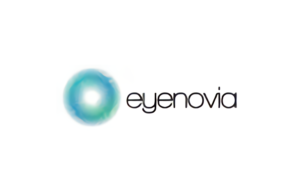 Eyenovia (NSDQ:EYEN) announced today that it enrolled the first patient in the second Phase 3 clinical trial for its MicroLine formulation.
Eyenovia (NSDQ:EYEN) announced today that it enrolled the first patient in the second Phase 3 clinical trial for its MicroLine formulation.
New York-based Eyenovia designed its MicroLine proprietary pilocarpine formulation for temporary improvement in near vision (presbyopia).
The Vision-2 trial, a double-masked, placebo-controlled, cross-over superiority trial will treat 140 subjects with presbyopia, randomly assigning them to a treatment sequence for dosing with pilocarpine 2% and placebo, both administered via Eyenovia’s Optejet dispenser.
Optejet ensures the consistent and easy application of medications in a quick, touchless micro-mist form. Optejet is designed with no protruding parts to prevent the accidental touching of the ocular surface.
According to a news release, Eyenovia set the primary endpoint as improvement in high contrast binocular distance corrected near visual acuity measured in low light conditions 2 hours after treatment. The company expects topline data in mid-2022.
The Vision-1 study achieved the primary endpoint with MicroLine 2% statistically superior to placebo, determined by improvement in high contrast binocular distance corrected near visual acuity measured in low light conditions 2 hours after treatment. The treatment was well tolerated, with adverse events all mild and transient in nature.
“Following the completion of Vision-1 study, we are pleased to initiate this second Phase 3 trial that, if successful, will contribute to the clinical evidence supporting a new drug/device combination application to the U.S. FDA,” Eyenovia CEO & CMO Sean Ianchulev said in the release. “By leveraging the numerous benefits of our microdose array print (MAP) technology, we believe MicroLine has the potential to be among the first drug treatments to improve blurred near vision that can adversely impact quality of life in patients with presbyopia.”

